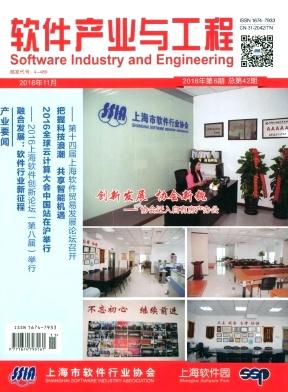Attribution-based Personas in Virtual Software Engineering Education
引用次数: 0
Abstract
The COVID-19 pandemic and the consequent introduction of virtual collaboration have introduced educators to unexpected situations and challenges. One of these challenges is social distance, which minimizes knowledge of another person’s character, and leaves room for misconceptions. Perceptions of a person’s personality are also referred to as dispositional attributions and, when misplaced, impact the educator-student dynamics. This paper studies dispositional attributions exhibited by software engineering educators in higher education and aims to raise awareness of potential misconceptions affecting the educator-student relationship caused by the virtual setting. We performed an exploratory case study in a practical university course with twelve distributed software engineering teams, each led by one or two educators. The course was conducted entirely virtually during the COVID-19 pandemic. The research process included discovering, categorizing, and modeling attribution-based personas, followed by qualitative and quantitative research methods of semi-structured interviews and survey questionnaires. These personas represent the subjects of potential misconceptions and encapsulate typical behaviors and attributions. Our research created seven personas: the Unprofessional, Ego is the Enemy, The Detached, the Loner, the Underperformer, Hiding but not Seeking, and Distraction Monster. These personas differ primarily in terms of character traits and motivation attributed to them. The results provide evidence that the virtual setting of the course can lead to several dispositional attributions. Educators in virtual software engineering settings should be aware of these attributions and their potential impact on the educator-student relationship.虚拟软件工程教育中基于归因的人物角色
2019冠状病毒病大流行以及随之而来的虚拟协作使教育工作者面临意想不到的情况和挑战。其中一个挑战是社会距离,这使人们对另一个人的性格的了解降到最低,并给误解留下了空间。对一个人的个性的看法也被称为性格归因,当错误的时候,会影响教育者-学生的动态。本文研究了高等教育中软件工程教育者所表现出的性格归因,旨在提高人们对虚拟环境可能造成的影响师生关系的误解的认识。我们在一个实际的大学课程中与12个分布式软件工程团队一起进行了一个探索性的案例研究,每个团队由一到两个教育者领导。该课程在COVID-19大流行期间完全以虚拟方式进行。研究过程包括基于归因的人物角色的发现、分类和建模,随后采用半结构化访谈和调查问卷的定性和定量研究方法。这些角色代表了潜在误解的主体,并概括了典型的行为和归因。我们的研究创造了7个角色:不专业者、自我是敌人、超然者、孤独者、表现不佳者、隐藏而不寻求者和分心怪物。这些人物角色的主要区别在于他们的性格特征和动机。结果表明,课程的虚拟设置可以导致多种性格归因。在虚拟软件工程环境中的教育者应该意识到这些归因及其对教育者与学生关系的潜在影响。
本文章由计算机程序翻译,如有差异,请以英文原文为准。
求助全文
约1分钟内获得全文
求助全文

 求助内容:
求助内容: 应助结果提醒方式:
应助结果提醒方式:


